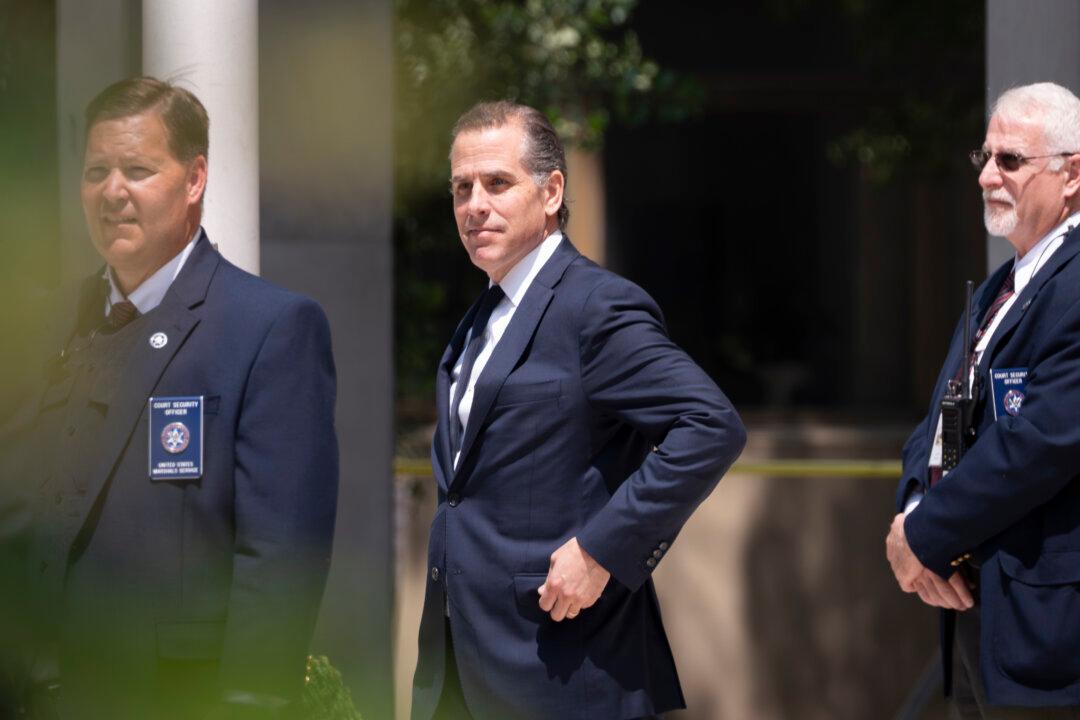The U.S. Secret Service has refused to provide The Heritage Foundation with a list of people possibly involved in the White House cocaine incident, claiming that such records are outside its authority.
After the Secret Service closed the investigation into the cocaine discovery in mid-July, the Heritage Foundation filed a Freedom of Information Act (FOIA) request seeking the list of hundreds of individuals who may have accessed the area where the substance was found. In a July 25 letter (pdf) from the Department of Homeland Security (DHS), the agency denied the request.





